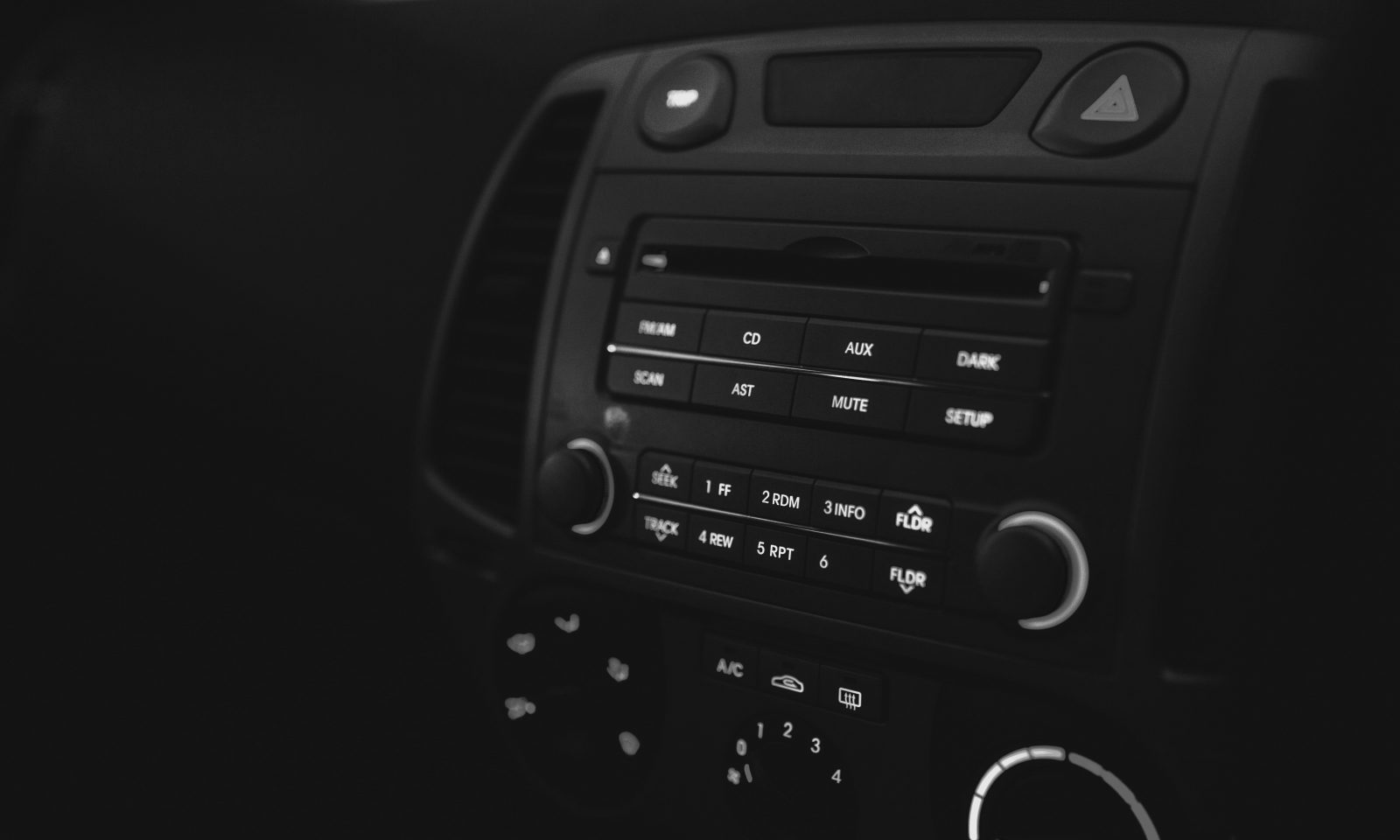Hiring out cars with installed radios does not amount to “communication to the public”
The CJEU has published another decision regarding whether a certain service constitutes communication to the public in copyright terms, meaning that right holders need to be remunerated. In the past, the Court has already ruled that broadcasting a football match in a pub (FAPL v. QC Leisure, C‑403/08 and C‑429/08), installation of television sets for patients in a rehabilitation centre (Reha Training v. GEMA, C‑117/15) and installation of televisions and/or radios in hotel rooms (Phonographic Performance, C‑162/10) constitutes communication to the public, whereas playing phonograms on the radio in a dental practice (SCF v. Del Corso, C‑135/10) does not. This time the Court in the case of Stim and SAMI v. Fleetmanager (C-753/18) decided on the service of renting out cars equipped with radio receivers.
The subject of the said judgement was the interpretation of Art. 3 of the Directive 2001/29 providing for a right of communication to the public and right of making available to the public, and Art. 8 of the Directive 2006/115, according to which the user of a phonogram that has been communicated to the public needs to pay fair remuneration to the phonogram producer. The key question is thus, whether the act constitutes communication to the public, for which the CJEU has developed two criteria, namely that the act is an “act of communication” and that the work has been communicated to the “public”.
In relation to the first criterion, the CJEU relied on recital 27 of the Directive 2001/29, which provides that the mere provision of physical facilities for enabling or making a communication does not in itself amount to communication. According to the Court, this extends also to the supply of a radio receiver, integrated into a motor vehicle, which makes it possible to receive, without any additional intervention by the leasing company, the terrestrial radio broadcasts available in the area in which the vehicle is located. Since the first criterion is not met, the Court did not deal with the second one and has ruled that there is no communication to the public.
The Grand Board of the European Union Intellectual Property Office (EUIPO) finally ruled that the figurative sign ‘COVIDIOT’ cannot be registered as an EU trademark.
The 4th Open Knowledge Day took place on Tuesday 17 October 2023, with an accompanying workshop on 18 October 2023. This year it was organised by the Open Data and Intellectual Property Institute (ODIPI) and supported by Knowledge Rights 21 (KR21).
We invite you to the fourth Open Knowledge Day and the workshop, which will take place this year within the framework of the programme and with the support of Knowledge Rights 21. The event will bring together experts from different European countries to discuss two topics: the first part will deal with the legal basis for data analytics, which is a key part of machine learning and related artificial intelligence, and the general exception for research. In the second part, open science in theory and practice will be presented both in Slovenia and in some Western Balkan countries. Representatives of research and educational institutions from Slovenia and the Western Balkan countries, as well as interested members of the public, are invited to attend.
Dr. Maja Bogataj Jančič, a renowned expert in copyright law, has joined the Berkman Klein Center for Internet & Society at Harvard University, where she will serve as an affiliate researcher for the next two years.





